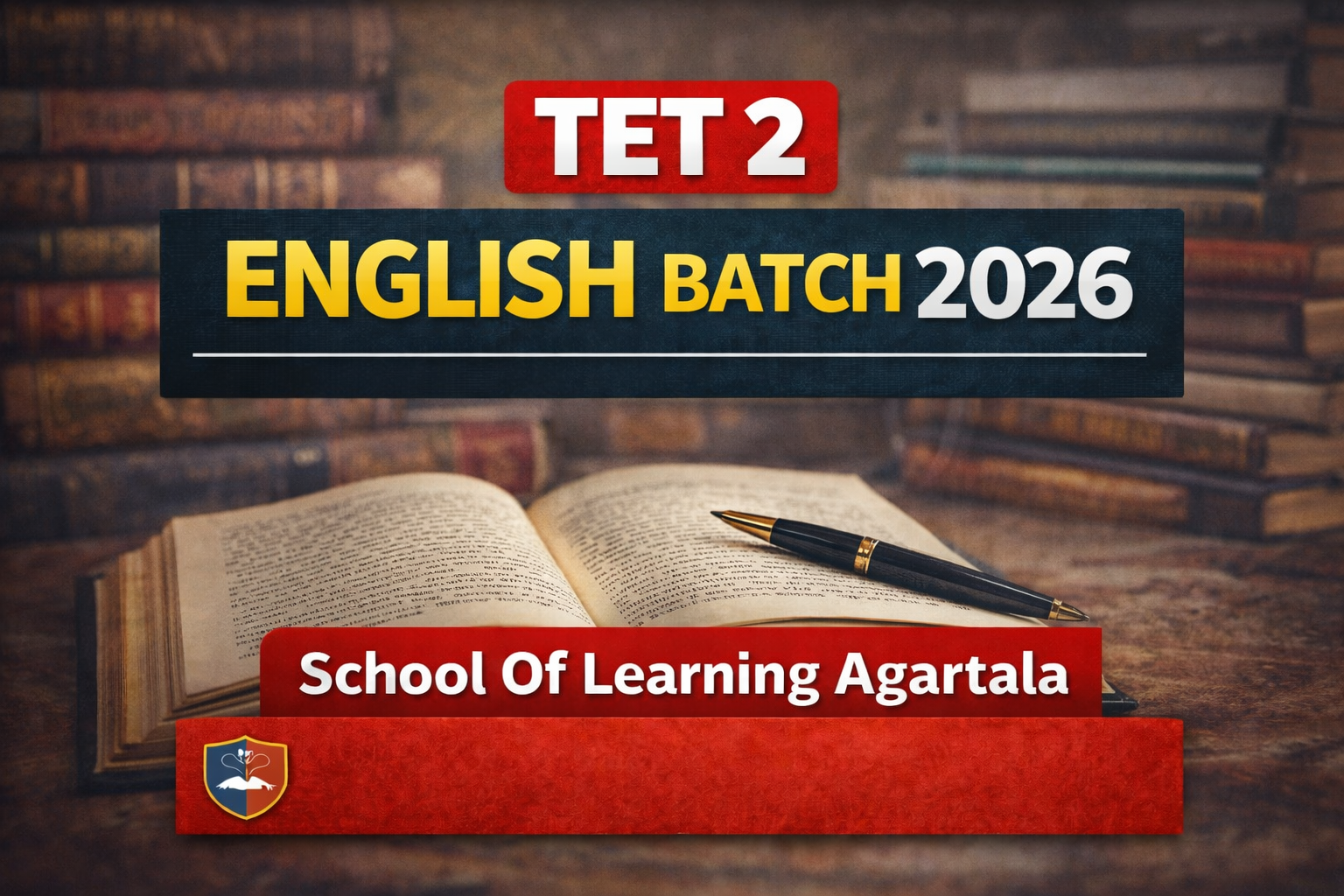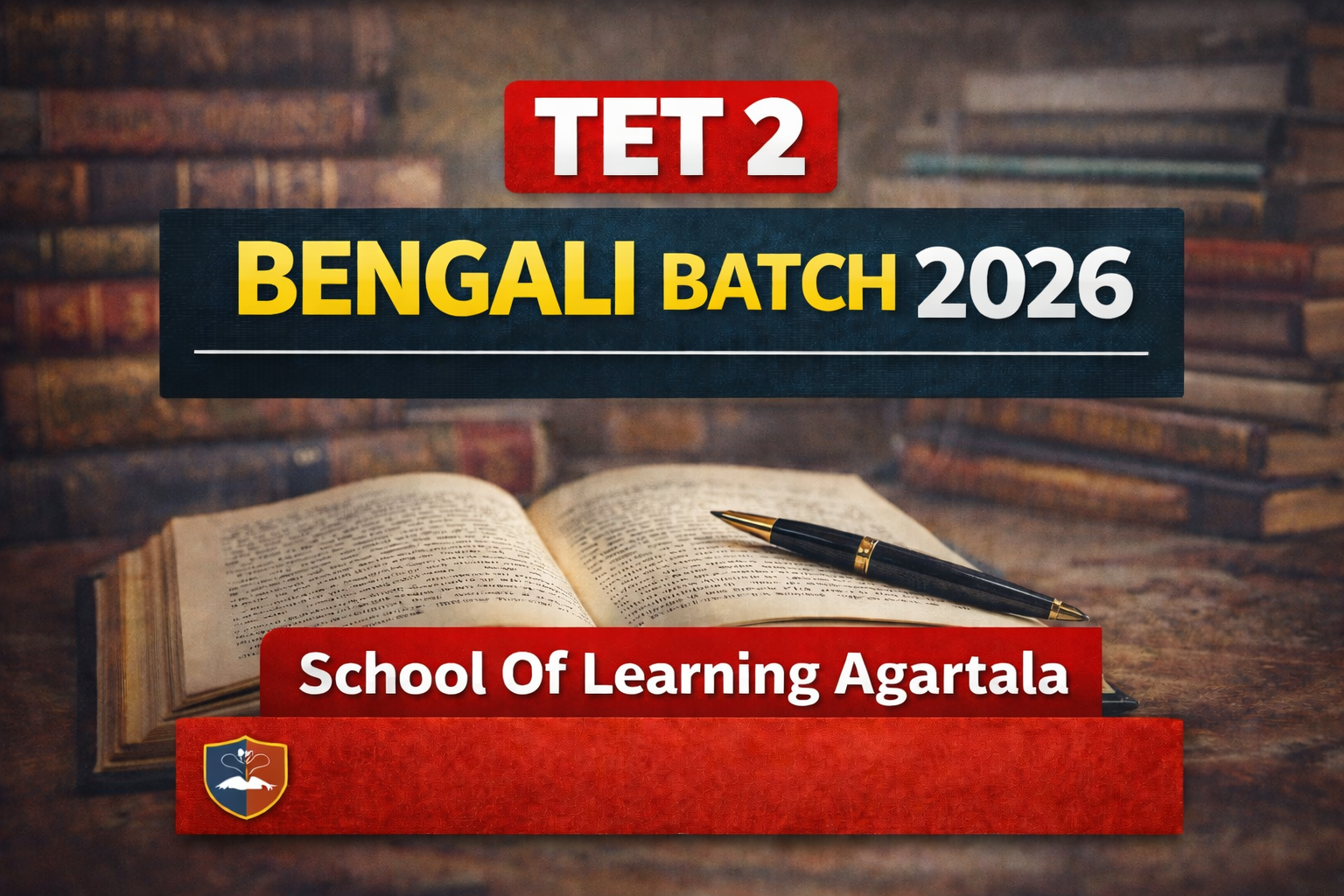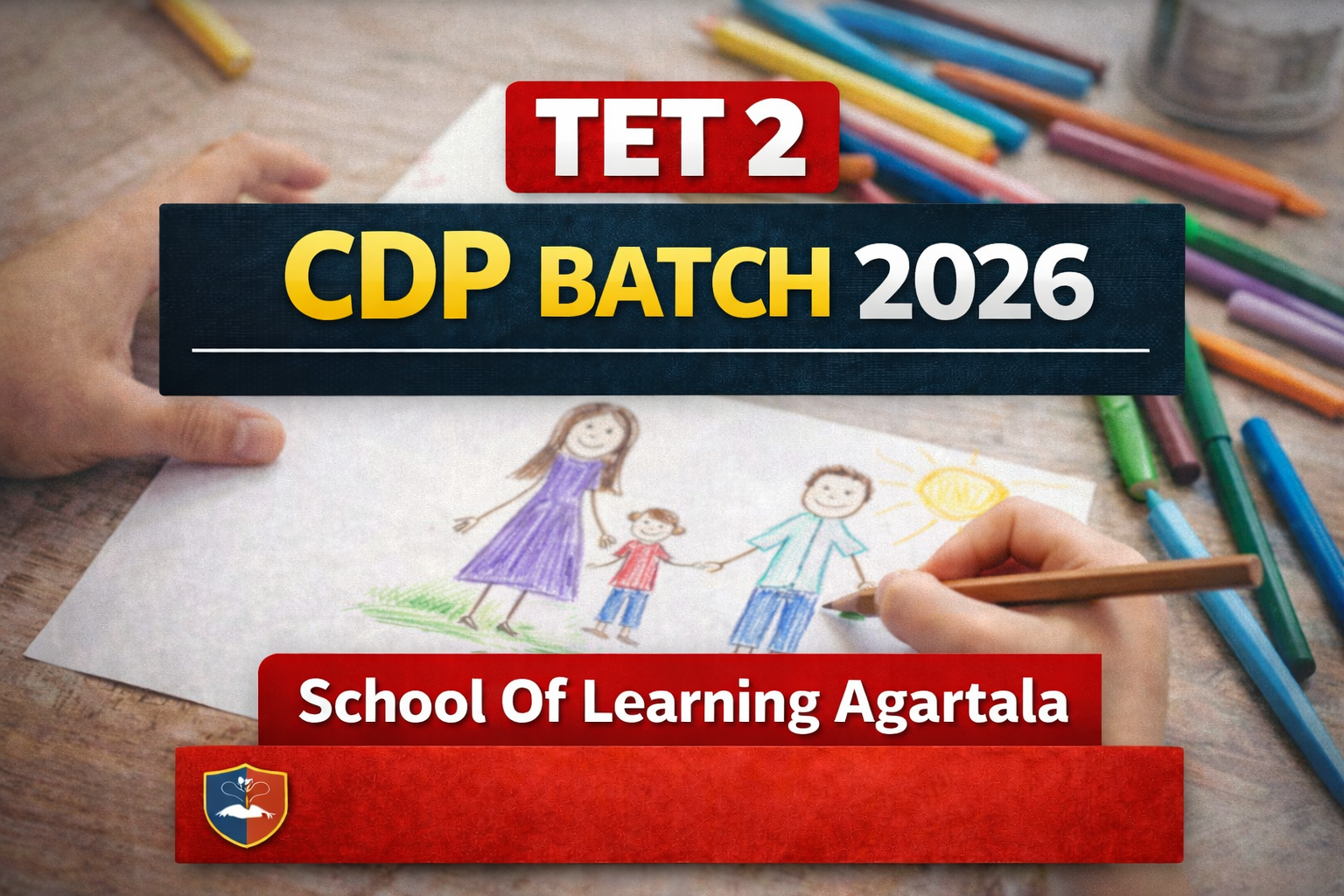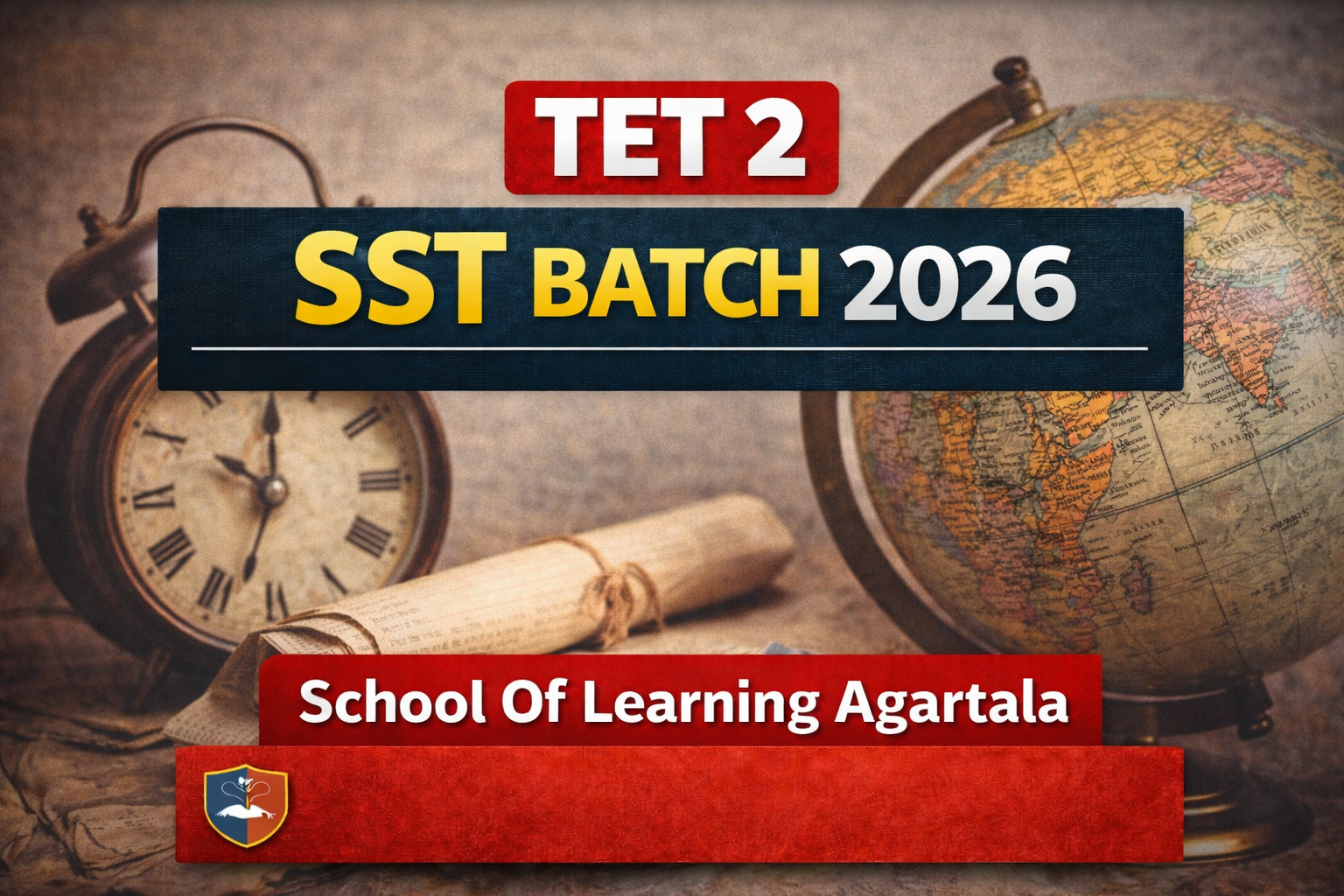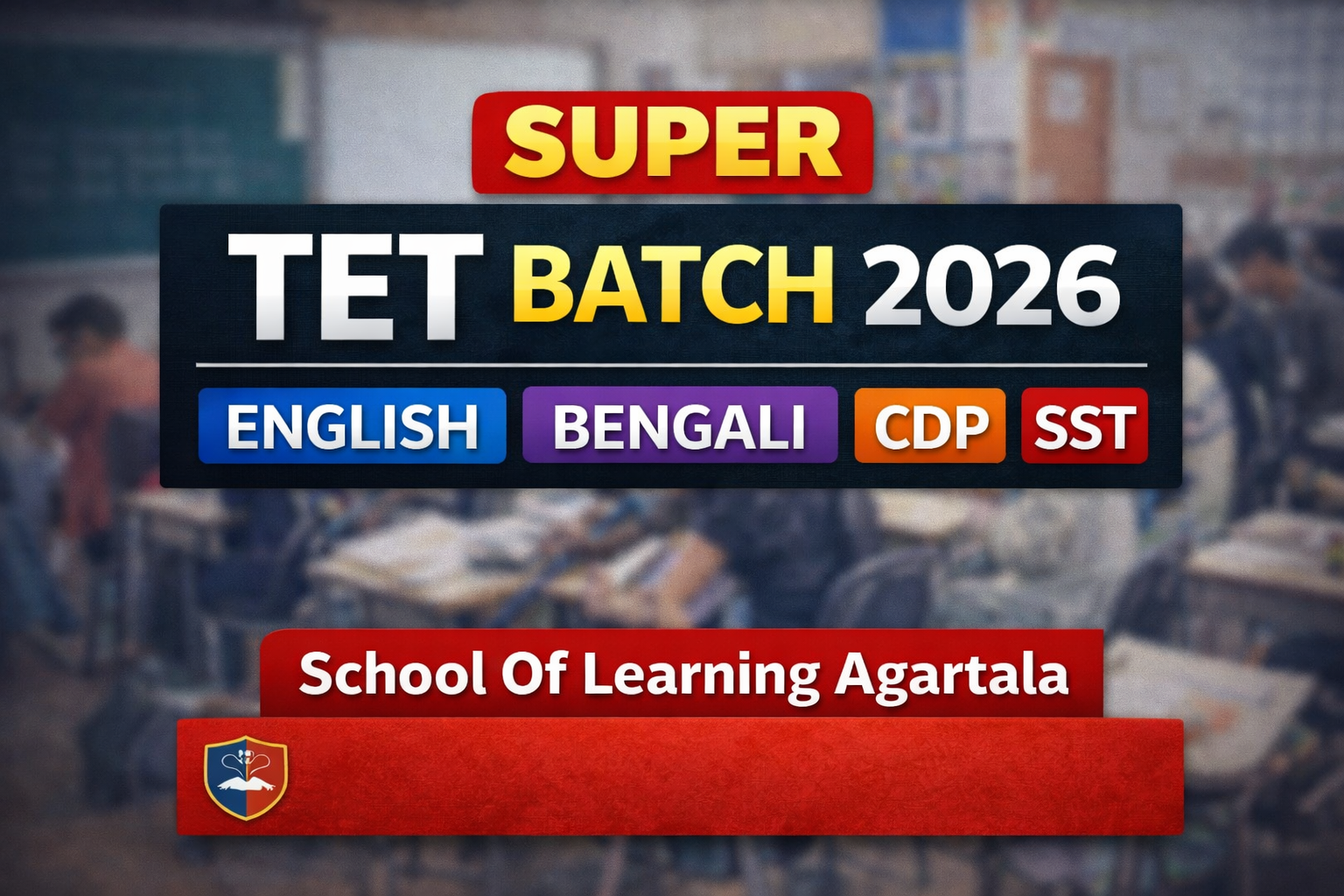POLITICAL SCIENCE SYLLABUS
Unit I: Foundations of Political Science
-
Definition, Nature & Scope
-
What is Political Science?
-
Its characteristics as an academic discipline
-
-
Interdisciplinary Links
-
Connections with Sociology, Economics, History, Psychology
-
-
Approaches to the Discipline
-
Traditional, Behavioural, Structural–Functional, Marxist
-
-
Sovereignty
-
Concept, definitions and classifications
-
Theories: Monist, Pluralist (Popular Sovereignty), Marxian
-
-
Law
-
Definition, sources and classification of domestic law
-
Nature and sources of International Law
-
-
Rights & Duties
-
Liberty: definition, kinds and characteristics
-
Equality: definition, kinds and characteristics
-
Interrelationship between rights and duties
-
-
Political Ideologies
-
Idealism, Democracy (types), Liberalism (classical & new), Fascism, Individualism
-
Democratic Socialism, Globalisation
-
Marxism: origins, dialectical & historical materialism, class struggle, scientific socialism
-
-
Theories of the State
-
Idealist, Liberal & New Liberal, Marxist, Gandhian
-
The concept of the Welfare State
-
-
Political Organisations
-
Political Parties: definition, functions, types, role in democracy
-
Pressure Groups: definition, functions, methods, differences from parties
-
-
Representation
-
Methods: territorial, functional, proportional
-
-
Nationalism & Internationalism
-
Definitions and core characteristics
-
-
Citizenship
-
Definition, modes of acquisition and loss
-
Unit II: Indian Constitution & Institutions
-
The Constitution
-
Definition, classification and constituent assembly
-
-
Fundamental Provisions
-
Fundamental Rights & Duties
-
Directive Principles of State Policy
-
-
Federal Structure
-
Centre–State relations and evolving trends
-
Union & State Executives (President, PM, Governor, CM)
-
Union & State Legislatures: composition, functions, law-making, parliamentary privileges
-
-
Judiciary
-
Supreme Court, High Courts, subordinate courts, consumer courts, lok-adalats
-
-
Independent Commissions
-
Election Commission: functions, electoral reforms
-
Public Service Commissions (Union & State): composition, roles
-
-
Special Provisions
-
Scheduled Castes & Tribes, Official Languages
-
Minorities and Anglo-Indians
-
Women’s political representation
-
Unit III: Comparative Politics
-
Comparative Method
-
Definition, scope, objectives, methodologies
-
-
United Kingdom
-
Sources of the unwritten constitution, conventions, role of Crown, PM, Speaker
-
Structure and functions of Parliament
-
-
United States
-
Powers and position of the President
-
Composition and functions of Congress and the Supreme Court
-
-
People’s Republic of China
-
1982 Constitution: principles, rights, duties
-
National People’s Congress, Standing Committee, Communist Party, PLA
-
-
France
-
Powers of President and Prime Minister
-
Parliament, administrative courts and administrative law
-
Unit IV: International Relations
-
Foundations
-
Meaning, nature and scope
-
-
Theoretical Perspectives
-
Realism, System Theory, Communication Theory, Marxist Theory
-
-
International Actors
-
State and non-state units
-
-
Key Concepts
-
National Power (elements), National Interest, Public Opinion
-
Diplomacy: types and functions
-
Cold War: origins and impact
-
Imperialism vs New Colonialism
-
Non-Aligned Movement: evolution and contemporary relevance
-
Emergence of the Third World: features and challenges
-
Globalisation: meanings and implications
-
-
International Organisations
-
UNO: origin, objectives, principles, major organs and specialised agencies
-
SAARC: composition, functions, role
-
UN peacekeeping: case studies (Cuba, Afghanistan, Iraq, Korea)
-
-
Foreign Policies
-
Comparative overview: India, Pakistan, USA, China, UK, Russia
-
Unit V: Political Thought
-
Ancient Indian Ideas
-
Manu, Śukra, Kauṭilya: sources and core concepts
-
-
Modern Indian Thinkers
-
Raja Rammohan Roy; Bankim Chandra, Aurobindo, Tagore, Subhas Bose on nationalism
-
Vivekananda, Nehru, Narendra Dev, Jayaprakash Narayan on socialism
-
B.R. Ambedkar on social justice
-
-
Democracy & Constitutionalism
-
Greek and Western Thought
-
Plato, Aristotle, Augustine, Machiavelli, Jean Bodin, Hobbes, Locke, Rousseau, J.S. Mill, Bentham, Hegel, T.H. Green
-
Unit VI: Public Administration
-
Foundations
-
Definition, nature, scope, evolution
-
-
Organisational Principles
-
Hierarchy, span of control, unity of command, centralisation vs decentralisation; staff vs line
-
The bureaucratic model (Weber, Marx)
-
-
Indian Administration
-
District administration: roles of DM, SDM, BDO
-
Five-Year Plans; National Development Council
-
CAG, Public Accounts Committee, Estimates Committee
-
Unit VII: Local Governance in Tripura
-
Structure & functions of Zilla Parishad, Panchayat Samiti, Gram Panchayat
-
Urban bodies: Agartala Municipal Corporation, Municipal Council, Nagar Panchayat
-
Tripura Tribal Areas Autonomous District Council (TTAADC)
Unit VIII: Social Foundations of Politics
-
Interconnections
-
Society, state and politics
-
-
Social Stratification
-
Caste, class and elites
-
-
Power & Authority
-
Concepts, nature and types of authority
-
-
Political Culture & Socialisation
-
Nature, types and agencies
-
-
Electoral Behaviour
-
Importance and determinants with reference to India
-
-
Gender & Politics
-
Core issues and trends
BANGLA
ইউনিট-১: রাজনৈতিক বিজ্ঞানের ভিত্তিমূল
১. রাজনৈতিক বিজ্ঞানের সংজ্ঞা, প্রকৃতি ও বিস্তার
২. অন্যান্য সমাজবিজ্ঞান যেমন সমাজবিজ্ঞান, অর্থনীতি, ইতিহাস, মনোবিজ্ঞানের সঙ্গে আন্তঃসম্পর্ক
৩. গবেষণাদৃষ্টিভঙ্গি: ঐতিহ্যগত, আচরণবাদী, গঠনমূলক–কার্যতান্ত্রিক এবং মার্কসবাদী
৪. প্রত্যয়: সার্বভৌমত্ব—সংজ্ঞা, শ্রেণীবিভাগ; মনোলিস্ট, বহুচর (জনসাধারণের সার্বভৌমত্ব), মার্কসীয় তত্ত্ব
৫. আইন: সংজ্ঞা, উৎস ও শ্রেণীবিভাগ; আন্তর্জাতিক আইনের উৎস ও স্বরূপ
৬. অধিকার ও কর্তব্য: স্বাধীনতা—সংজ্ঞা, প্রকার, বৈশিষ্ট্য; সমতা—সংজ্ঞা, প্রকার, বৈশিষ্ট্য; অধিকার ও কর্তব্যের আন্তঃসম্পর্ক
৭. রাজনৈতিক মতবাদের মৌলিক রূপ:-
আদর্শবাদ, গণতন্ত্র (প্রকার), উদারবাদ (শাস্ত্রীয় ও নতুন), নৃশংসতাবাদ, ব্যক্তিবাদ
-
গণতান্ত্রিক সমাজতন্ত্র, বৈশ্বীকরণ
-
মার্কসবাদ: উৎপত্তি, দ্বান্দ্বিক ও ঐতিহাসিক ভৌতবাদ, শ্রেণী সংগ্রাম, বৈজ্ঞানিক সমাজতন্ত্র
৮. রাষ্ট্রতত্ত্ব: আদর্শবাদী, উদারবাদী ও নতুন উদারবাদী, মার্কসবাদী, গান্ধীয়; কল্যাণ রাষ্ট্র
৯. রাজনৈতিক সংগঠন: -
রাজনৈতিক দল: সংজ্ঞা, কাজ, শ্রেণীবিভাগ, গণতন্ত্রে গুরুত্ব
-
চাপগোষ্ঠী: সংজ্ঞা, কার্যাবলী, পদ্ধতি, দলের থেকে পার্থক্য
১০. প্রতিনিধিত্বের পদ্ধতি: আঞ্চলিক, কার্যমূলক, আনুপাতিক
১১. জাতীয়তাবাদ ও আন্তর্জাতিকতাবাদ: সংজ্ঞা, বৈশিষ্ট্য
১২. নাগরিকত্ব: সংজ্ঞা, প্রাপ্তি ও বিলোপের উপায়
ইউনিট-২: ভারতীয় সংবিধান ও সংস্থাগুলি
১. সংবিধান: সংজ্ঞা, শ্রেণীবিভাগ, সংবিধান সভা
২. মৌলিক ন্যায় ও কর্তব্যসমূহ
৩. রাষ্ট্র নীতিনির্দেশক নীতিসমূহ
৪. ফেডারেল কাঠামো: কেন্দ্র–রাজ্য সম্পর্ক ও সাম্প্রতিক প্রবণতা-
সংযুক্ত ও রাজ্য নির্বাহী (রাষ্ট্রপতি, প্রধানমন্ত্রী, রাজ্যপাল, মুখ্যমন্ত্রী)
-
সংসদ: গঠন, কর্তব্য, আইন প্রণয়ন প্রক্রিয়া, সাংসদস্বত্ব
৫. বিচারব্যবস্থা: -
সুপ্রিম কোর্ট, হাইকোর্ট, নিম্ন আদালত, ভোক্তা আদালত, লোকআদালত
৬. স্বতন্ত্র কমিশন: -
নির্বাচন কমিশন: কার্যাবলী, সংস্কার
-
সরকারি কর্মকমিশন (কেন্দ্র ও রাজ্য): গঠন, ভূমিকা
৭. সংবিধানে সংরক্ষিত উপবর্গ: अनुसূচিত জাতি ও जनजातি, সরকারি ভাষাসমূহ, সংখ্যালঘু ও অ্যাংলো-ইন্ডিয়ান সংরক্ষণ
৮. ভারতের নারীর রাজনৈতিক অংশগ্রহণ
ইউনিট-৩: তুলনামূলক রাজনীতিবিদ্যা
১. তুলনামূলক পদ্ধতি: সংজ্ঞা, বিস্তার, উদ্দেশ্য, গবেষণা পদ্ধতি
২. যুক্তরাজ্য:-
অগ্রাহ্য সংবিধানের উৎস, রীতি, পার্লামেন্টের গঠন ও কার্য
-
রাজা/রানীর ভূমিকা, প্রধানমন্ত্রী ও স্পিকার
৩. মার্কিন যুক্তরাষ্ট্র: -
রাষ্ট্রপতির ক্ষমতা ও মর্যাদা
-
কংগ্রেস ও সুপ্রিম কোর্টের গঠন ও কার্য
৪. চীন গণপ্রজাতন্ত্র (১৯৮২): -
সংবিধানের মৌলিক নীতিমালা, অধিকার ও কর্তব্য
-
জাতীয় জনগণ পরিষদ, স্থায়ী কমিটি, চীনা কমিউনিস্ট পার্টি, মুক্তিযোদ্ধা বাহিনী
৫. ফ্রান্স: -
রাষ্ট্রপতি ও প্রধানমন্ত্রী ক্ষমতা
-
সংসদ, প্রশাসনিক আদালত ও প্রশাসনিক আইন
ইউনিট-৪: আন্তর্জাতিক সম্পর্ক
১. ভিত্তিপ্রস্তর: সংজ্ঞা, প্রকৃতি, বিস্তার
২. তাত্ত্বিক প্রতিপাদ্য: বাস্তববাদ, সিস্টেম থিওরি, যোগাযোগ তত্ত্ব, মার্কসবাদী তত্ত্ব
৩. রাজ্য ও অরাজ্য ক্রীড়াপট: আন্তর্জাতিক রাজনীতিতে তাদের ভূমিকা
৪. প্রধান ধারণা:-
জাতীয় শক্তি (উপাদান), জাতীয় স্বার্থ, জনমত
-
কূটনীতি: ধরন, ভূমিকা
-
শীতল যুদ্ধ, চরমপন্থা বনাম নতুন ঔপনিবেশবাদ
-
অ-আক্ষেপ আন্দোলন, তৃতীয় বিশ্বের উত্থান
-
বৈশ্বিকীকরণ: অর্থ ও প্রভাব
৫. আন্তর্জাতিক সংস্থা: -
জাতিসংঘ: উৎপত্তি, উদ্দেশ্য, নীতি, প্রধান সংস্থা ও বিশেষায়িত সংস্থা
-
সাআর্স: গঠন, কার্যাবলী
-
জাতিসংঘ শান্তিরক্ষামিশন (কিউবা, আফগানিস্তান, ইরাক, কোরিয়া)
৬. পররাষ্ট্রনীতি: ভারত, পাকিস্তান, যুক্তরাষ্ট্র, চীন, যুক্তরাজ্য, রাশিয়া
ইউনিট-৫: রাজনৈতিক চিন্তা
১. প্রাচীন ভারতীয় রাজনৈতিক ধারণা: মানু, শুক্র, চাণক্যের চিন্তা
২. আধুনিক ভারতীয় চিন্তাবিদ:-
রামমোহন রায়; বঙ্কিম, আচার্য গৌরাঙ্গ, রবীন্দ্রনাথ, সুভাষ বসু (জাতীয়তাবাদ)
-
বিবেকানন্দ, নেহরু, নরেন্দ্র দেব, জয়প্রকাশ (সমাজতন্ত্র)
-
বি. আর. আম্বেদকর (সামাজিক ন্যায়)
৩. গণতন্ত্র ও সাংবিধানিকতা
৪. গ্রিক ও পশ্চিমা চিন্তাবিদ: প্লেটো, এরিস্টটল, অগাস্টিন, ম্যাকিয়াভেলি, বডিন, হোবস, লক, রুসো, মিল, বেন্থ্যাম, হেগেল, টি.এইচ. গ্রীন
ইউনিট-৬: জন প্রশাসন
১. জন প্রশাসন: সংজ্ঞা, প্রকৃতি, বিস্তার, উৎ্ভব
২. সংস্থাগত নীতিসমূহ:-
শ্রেণিবিন্যাস, নিয়ন্ত্রণ পরিধি, আদেশের ঐক্য, কেন্দ্রীয়করণ বনাম বিকেন্দ্রীকরণ; স্টাফ বনাম লাইন
-
আমলাতন্ত্র : ম্যাক্স ওয়েবার, মার্ক্সের মডেল
৩. ভারতীয় প্রশাসন: -
জেলা প্রশাসন: জেলা ম্যাজিস্ট্রেট, উপ-জেলা ম্যাজিস্ট্রেট, ব্লক উন্নয়ন অফিসারের ভূমিকা
-
পঞ্চবার্ষিকী পরিকল্পনা; জাতীয় উন্নয়ন পরিষদ
-
মহাপরিদর্শক ও মহা হিসাব পরিদর্শক, लोक হিসাব কমিটি, প্রাক্কলন কমিটি
ইউনিট-৭: ত্রিপুরার স্থানীয় সরকার
-
জেলা পরিষদ, পঞ্চায়ত সমিতি, গ্রাম পঞ্চায়তের কাঠামো ও কার্য
-
আগরতলা পৌরসভা, পৌর পরিষদ, নগর পঞ্চায়ত
-
ত্রিপুরা জনজাতি অধ্যুষিত এলাকা স্বায়ত্তশাসিত জেলা পরিষদ (TTAADC)
ইউনিট-৮: সমাজ এবং রাজনীতি
১. সমাজ, রাষ্ট্র ও রাজনীতির আন্তঃসম্পর্ক
২. সামাজিক স্তরবিন্যাস: জাতি, শ্রেণি ও সমাজের নেতিবর্গ
৩. ক্ষমতা ও কর্তৃত্ব: ধারণা, প্রকৃতি ও প্রকার
৪. রাজনৈতিক সংস্কৃতি ও সামাজিকায়ন: প্রকৃতি, ধরন ও মাধ্যম
৫. নির্বাচনী আচরণ: গুরুত্ব ও প্রভাবক (ভারতের প্রেক্ষাপটে)
৬. লিঙ্গ এবং রাজনীতি: মূল সমস্যা ও প্রবণতা -
-
WE ENHANCE YOUR TALENT
Our Syllabus

Subject : POLITICAL SCIENCE
POLITICAL SCIENCE
Subject : POLITICAL SCIENCE
Nature. Individualism – Definition


 Online Store
Online Store.png)












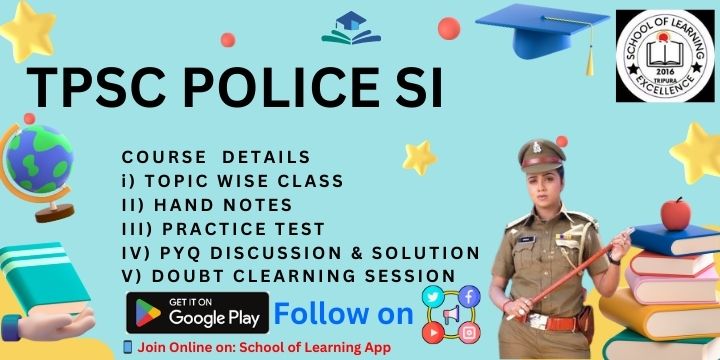

.jpg)

.jpg)
.jpg)

.jpg)


.png)

.png)
.png)
.png)
.png)
.png)
.png)
.png)
.png)
.png)
.png)
.png)
.png)







